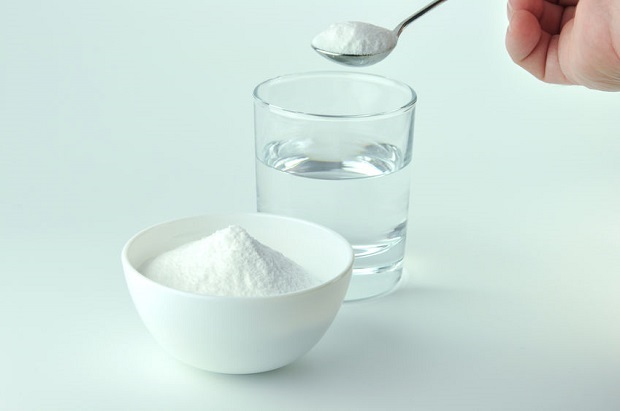
Does Fish Oil Help Gout?
According to a 2019 study published in the journal Arthritis & Rheumatology, dietary omega-3 may work prophylactically to prevent gout flare-ups. While a second earlier study came to a similar conclusion in that those with lower levels of omega-3 tend to have more gout flare-ups.
Jump Ahead
- Omega 3 Has Anti-Inflammatory Effects
- Dietary Omega-3 Polyunsaturated Fatty Acids Lowers Risk of Recurrent Gout Flares
- Low Omega-3 Fatty Acid Levels Associated with Frequent Gout Attacks
- More Research Needed
- Resources
Omega 3 Has Anti-Inflammatory Effects

Many studies have demonstrated the anti-inflammatory effects of omega-3 fatty acids. EPA and DHA found in omega-3 fatty acids block inflammatory cytokines and prostaglandins and convert them into anti-inflammatory chemicals called resolvins. [1]
Dietary Omega-3 Polyunsaturated Fatty Acids Lowers Risk of Recurrent Gout Flares

The omega-3 gout study conducted by researchers at Brigham & Women’s Hospital and Harvard Medical School Boston set out to determine the relationship between omega-3 polyunsaturated fatty acids when ingested through diet or supplementation and the risk of gout flares.
The researchers conducted a large study that included 724 participants over a nine-year period. They analyzed data from the Boston University Online Gout in which gout sufferers filled out questionnaires about behaviors including supplements and diet preceding gout flareups as well as flare-free periods.
The study concluded that omega-3 polyunsaturated fatty acid consumed in the diet was associated with a lower risk of recurrent gout flares, whereas supplementation alone was not. [2]
Low Omega-3 Fatty Acid Levels Associated with Frequent Gout Attacks

The omega-3 gout study conducted by researchers at the University of Nottingham, UK, set out to examine if omega-3 fatty acid levels associate with frequent gout attacks. It included 112 men, 31 with more than two gout attacks per year, and 81 with fewer than two gout attacks per year.
The study found that the group participants with more than two gout attacks per year also had lower omega-3 levels, suggesting that omega-3 plays a role in the incidence of gout attacks. The study did not differentiate between dietary intake and supplementation. [3]
More Research Needed

While the medical community does not recognize omega-3 fatty acids as a gout treatment, its anti-inflammatory benefits are becoming more widely accepted. These few studies, including omega-3s and gout sufferers, show promise and indicate that further research is needed to determine its beneficial effect on gout.
Resources
- [1] Arthritis Foundation – “Fish Oil.”
- [2] “Effect of Dietary and Supplemental Omega-3 Polyunsaturated Fatty Acids on Risk of Recurrent Gout Flares.” Arthritis & Rheumatology. 2019 Sept. Vol: 71, No: 9, pp: 1580-1586.
- [3] Abhishek A, Valdes AM, Doherty M. “Low omega-3 fatty acid levels associate with frequent gout attacks: a case control study.” Annals of the Rheumatic Diseases 2016;75:784-785.
DISCLAIMER: THIS WEBSITE DOES NOT PROVIDE MEDICAL ADVICE
The information, including but not limited to text, graphics, images, and other material on this website, is for informational purposes only. No material on this site is intended to be a substitute for professional medical advice, diagnosis, or treatment. Always seek the advice of your physician or other qualified healthcare providers with any questions you may have regarding a medical condition or treatment before undertaking a new healthcare regimen, and never disregard professional medical advice or delay in seeking it because of something you have read on this or any other website.





